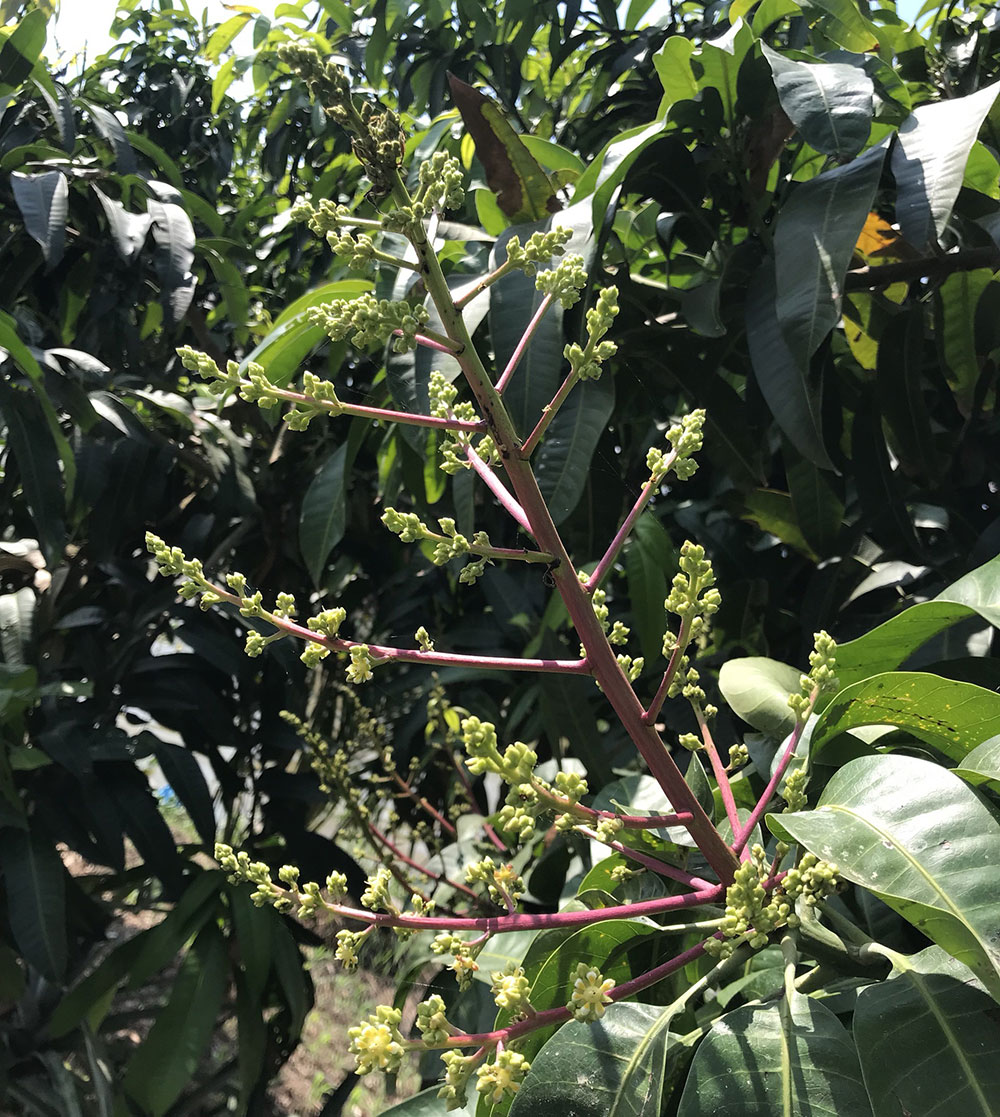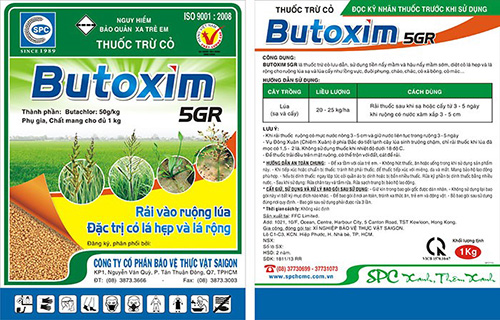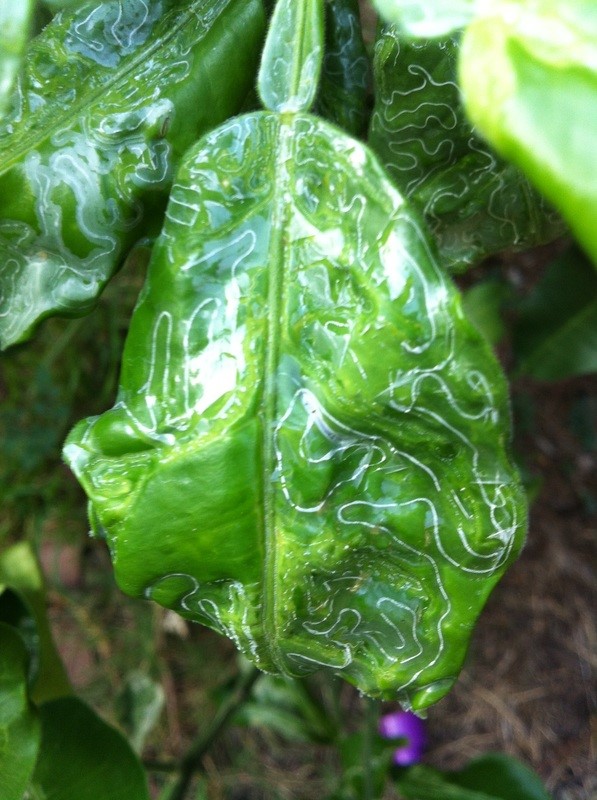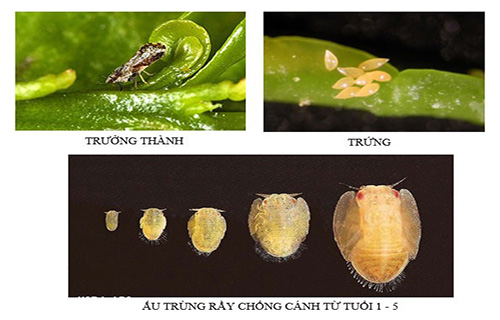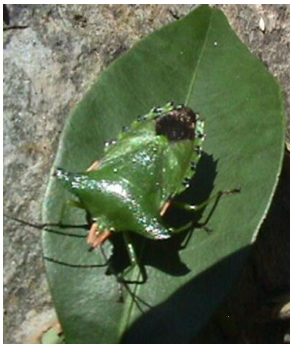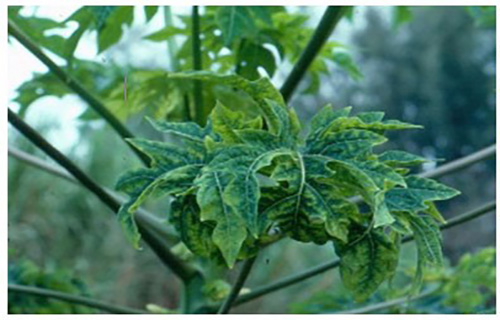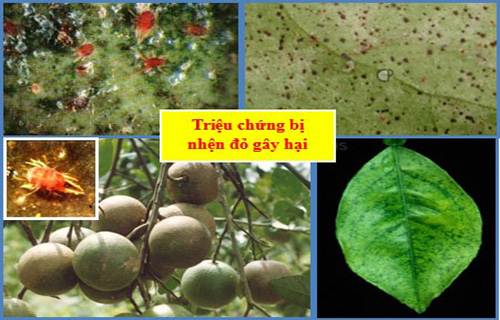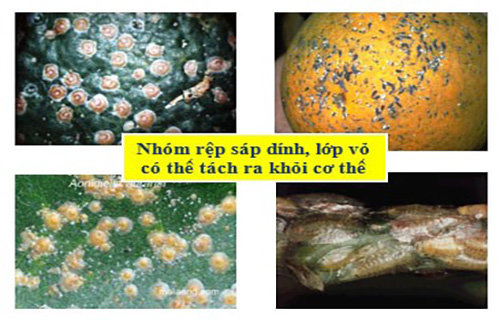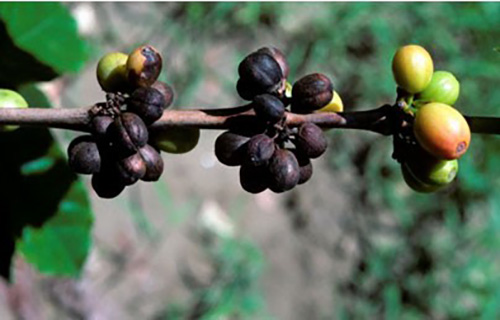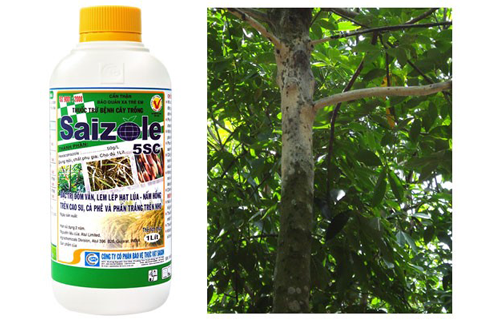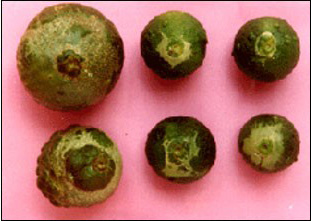|
Prevention Of Flower And Immature Fruit Drop On Mango
14/08/2021
BSc Tran Thanh Tin Currently, the area of mango cultivation in the Mekong Delta in particular and the whole country in general is increasing rapidly. Mango is one of the key trees in fruit cultivation, which is heading to foreign markets with a cleaner and safer source. Mango is a fruit tree with high economic value and a source of export to many countries around the world. At present, farmers are planting many new mango varieties with good quality. However, the problem of flower and fruit drop has greatly affected the yield of mango trees. Some causes of fruit and flower drop on mango: - The pollination rate is high when facing favorable conditions such as warm and dry weather, but when the weather is not suitable such as: hot, cold, heavy rain, strong wind, high humidity,... will affect pollination. pollen of flowers, adverse weather also greatly hinders pollination activities of insects, making pollen vigor poor, flowers difficult to pollinate. - The old mango trees are often exhausted after a season of bearing too much fruits, if the tree lacks care or lacks nutrients, the rate of flowering and fruiting is lower. - Another very important factor is the genetic factor, which tree has a large stem less fruit drop. - Lack of water and nutrition in mango orchards also greatly affects the fall of flowers and young fruit. - Deficiency of microelement of Bo at flower sprout stage and young fruit stage is also the main cause of weak pollen vigor, low pollination rate, and flower and young fruit drop easily. - In addition, another important cause affecting flower and fruit drop is pests and diseases, the most serious being anthracnose on mango. + How to overcome the phenomenon of dropping flowers and mango: - Regularly provide enough water and nutrients for mango trees during flowering and fruit bearing. During this period, lack or excess of water and nutrients also affects the ability to drop flowers and fruits. - After harvesting, it is advisable to prune wormed, diseased, old branches, and full and balanced fertilizer application of nitrogen, phosphorus and potassium fertilizers, add fertilizers with semi-macroelements- microelements such as: Calcium, Magnesium, Boron, Zinc -Do not overuse pesticides during the flowering period of the mango tree, affecting the pollinating insects. - Spraying BOROZINC micronutrient fertilizer containing high-grade Bo-Zinc imported from France when the buds are young and when the flower buds are about 20-25cm, the young fruit stage also needs to spray BOROZINC to enhance the pollen vitality, increase the rate of fruit setting, significantly reduce the phenomenon of flower and young fruit drop.
Spray Borozinc when the flower buds are about 20 - 25 cm + How to use BOROZINC micronutrient foliar fertilizer: - BOROZINC is a micro foliar fertilizer containing Bo and Zinc with very high content, this is an easily digestible micro foliar fertilizer, completely imported from France. - Ingredients: Bo (B): 130,000 ppm (13%). Zinc (Zn): 40,000 ppm (4%). Humidity: 1% Boron is a very important active ingredient for plants during flowering and fruiting. Bo is available in the soil but needs to be supplemented quite a lot in each harvest, the lack or excess of Bo also affects the plants. - BOROZINC is a high-class product imported from France, a very mild product, with little sensitivity to plants when the tree grows most strongly, especially when the mango is flowering and young fruit setting. - BOROZINC dissolves quickly and completely in water to help the leaves absorb quickly and thoroughly. - Mix 200 - 400 gr/drum of 200 liters, or mix 25 - 50 gr for a 25-liter-tank, spray on the leaves once before flowering and once after the flower blooms, helping to prolong the flower chain, make flower buds large, The fruiting capacity is good, after fruiting, the fruit grows quickly, avoiding the phenomenon of fruit drop, flower drop, fruit rot, seed rot etc ... - Spraying one more time after fruiting, helping young fruit to be distorted due to lack of Bo will make the fruit straight and beautiful, will help fruit set better, grow faster to avoid cracking later. - Note: Avoid spraying BOROZINC when flowers are in full bloom.
|
To prevent, in addition to plowing and burying weed seeds, collecting weed stalks and stumps left after tilling the land to burn, not letting weeds produce seeds in production fields, etc., the use of chemical products is still a measure. optimal because of its ability to thoroughly kill weeds, reduce labor and take advantage of more time than manual weeding.
Miner has the scientific name Phyllocnistis citrella Staint., family Phyllocnistidae, order Lepidoptera. The miner occurs in many countries in the tropics and subtropics. The main host of the miner is the citrus family - Rutaceae. In addition, the miner also attacks mangosteen and some other plants.
Adult is a small planthopper, with a body 2-3 mm long, the whole body is ash gray, slightly greenish, the wings are opaque with many small brown spots.Eggs are oval, 0.3 mm long, have a pointed end and are attached directly to the leaf surface, leaf axils.
Green bugs specialize in the fruit of citrus groups (oranges, tangerines, lemons, grapefruits, kumquats...), some people call them orange bugs, or orange suckers. Their scientific name is Rhynchocoris poseidon or Rhynchocoris humeralis.
In Vietnam, yellow leaf curl disease is very common on papaya trees, especially the disease is often severe in areas of high and continuous planting, areas with hot and arid climates. The disease has significantly reduced the yield and quality of papaya. Gardens that are infected early when the plants are young may not yield. However, up to now, many gardeners still do not know the cause and how to fix it.
Spider mites are common pests on citrus trees, especially in hot and dry climates that are suitable for spiders to grow and cause severe damage.The group of harmful spiders is usually very small in size, unlike the natural enemy spiders.
This group includes species that are generally very small in size, causing damage by sucking plant sap (on leaves, fruits, branches, stems).
There are many species of mealybugs present on the group of Oranges,Tangerines,Grapefruits and Lemons (Citrus), which can be divided into 2 groups:
+ Group of sticky mealybugs with common varieties such as Lepidosaphes, Aonidiella, Coccus and Saissetia.
+ Group of flower mealybugs with common genera and species such as Pseudococcus, Planococcus and Icerya purchasi.
Dry branches and berries disease often appear to be common damage on coffee gardens during the rainy season. The disease causes death of branchs, dry fruit, severely affects the canopy structure and coffee yield if not paid attention to prevention.
Pink disease commonly causes diseases on rubber plantations in the rainy season, especially on garden from 4-8 years old. This year, rubber has to go through a period of severe drought, weakening the tree, so now in tnshe rainy season it is easy to get infected. Therefore, it is necessary to pay attention to good management to avoid affecting the garden.
In recent years, the area of citrus has been expanded because it is a fruit tree with high economic efficiency. However, in order to sell at a high price, not only in quality but consumers also require the external beauty of the fruit, so pest management on citrus is a matter of great concern to farmers. The hot season is a favorable condition for thrips to develop and cause damage, affecting the commercial value of fruit.
- Headquarters
- SAIGON PLANT PROTECTION JOINT STOCK COMPANY
- RQ 1, Nguyen Van Quy St., Tan Thuan Ward, HCM City
- Tax code: 0300632232
- Tel: (028) 38 733 295 - 38 732 077
- Fax: (028) 38 733 003 - 38 733 391
- Website: www.spchcmc.vn - Email: info@spchcmc.vn
- SAIGON PLANT PROTECTION COMPANY
- SAIGON PLANT PROTECTION JOINT STOCK ENTERPRISE
- Lot C1-C3 Hiep Phuoc Industrial Park, Hiep Phuoc Commune, HCM City
- Tel: (028) 3873 4089 - Fax: (028) 3873 4086
- Affiliated Unit
-
- Quick Links
- Home
- About us
- Career Opportunities


